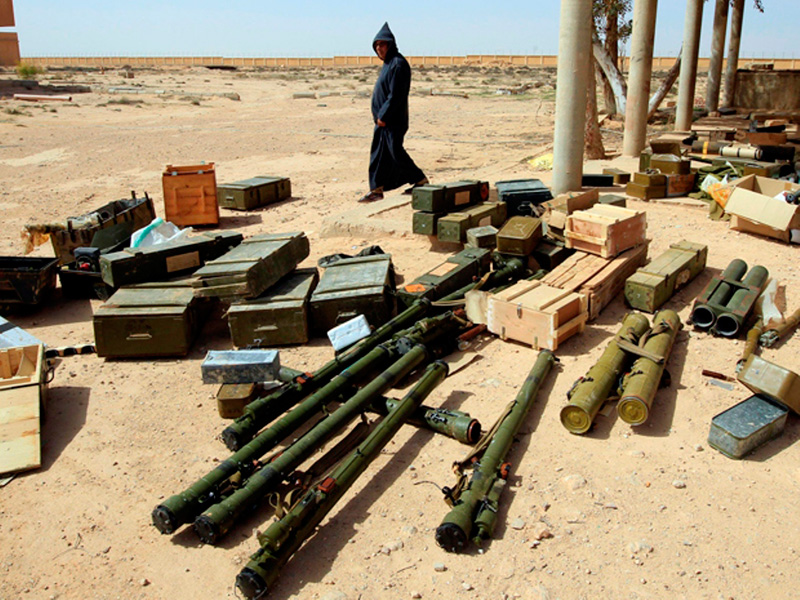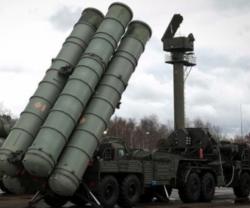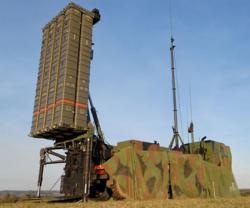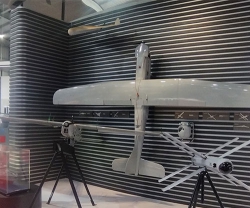Weapons are spreading from Libya at an “alarming rate,” fueling conflicts in Mali, Syria and elsewhere and boosting the arsenals of extremists and criminals in the region, according to a recent U.N. report.
The report by the U.N. Security Council’s Group of Experts -who monitor an arms embargo imposed on Libya at the start of an uprising in 2011 which ousted Leader Muammar Qaddafi - said the North African state had become a key source of weapons in the region as its nascent government struggles to exert authority.
Libyan government Security Forces remain weak and militias, made up of former rebel fighters, hold power on the ground.
“Cases, both proven and under investigation, of illicit transfers from Libya in violation of the embargo cover more than 12 countries and include heavy and light weapons, including man-portable air defense systems, small arms and related ammunition and explosives and mines,” the experts wrote in the report.
“Illicit flows from the country are fuelling existing conflicts in Africa and the Levant and enriching the arsenals of a range of non-State actors, including terrorist groups,” according to the 94-page report, which was dated February 15 but published last week.
“The proliferation of weapons from Libya continues at an alarming rate,” the report said.
The experts said transfers of arms had been organized from various locations in Libya, including Misrata and Benghazi, via Turkey or northern Lebanon.
“The significant size of some shipments and the logistics involved suggest that representatives of the Libyan local authorities might have at least been aware of the transfers, if not actually directly involved,” the experts said.
The report also found that in the past year flows of Libyan weapons to Egypt appeared to have increased significantly.
“While trafficking from Libya to Egypt represents a challenge primarily for Egypt's internal security, in particular in relation to armed groups in the Sinai, some of the materiel appears to have crossed Egypt to further destinations, including the Gaza Strip,” the experts wrote.
The report said that the trafficking of arms from Libya through Egypt to the Gaza Strip had allowed armed groups thereto purchase new weapons including more modern assault rifles and anti-tank weapons systems.
Weapons from Libya were also being transported through southern Tunisia, southern Algeria and northern Niger to destinations such as Mali, but some arms were remaining in those corridor countries for use by local groups.
Last month the U.N. Security Council made it easier for Libya to obtain non-lethal equipment such as bulletproof vests and armored cars but expressed concern at the spread of weapons from the country to nearby states.
Libyan Prime Minister Ali Zeidan told the Security Council last month that the government had control of its borders with Algeria, Niger, Chad, Sudan and Egypt. Zeidan said in February he wanted the Council to lift the arms embargo on Libya, but council members said they never received an official request.
Source: Reuters






















